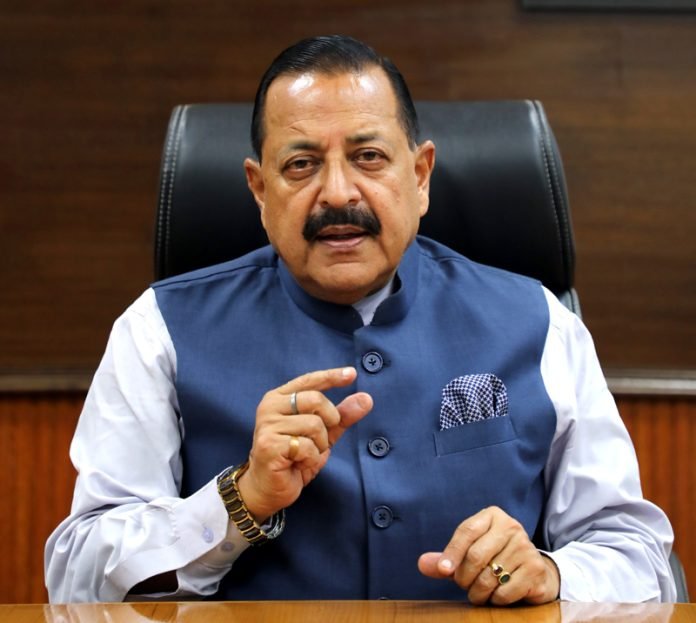Union Minister Dr. Jitendra Singh announced that the newly launched BioE3 (Biotechnology for Economy, Employment, and Environment) Policy is poised to establish India as a global leader in the bioeconomy. This ambitious policy aims to revolutionize India’s manufacturing sector and position the country at the forefront of the global biotechnology movement.
Dr. Singh, briefing the media about the recent Union Cabinet decision, emphasized that Prime Minister Narendra Modi’s leadership will be celebrated worldwide for championing this new biotech era. He described the BioE3 Policy as a transformative initiative that promises to enhance economic growth, spur innovation, create jobs, and advance environmental sustainability.
Under Dr. Singh’s stewardship, the Science and Technology Ministry is spearheading this forward-thinking policy, which seeks to transition from traditional consumptive practices to high-performance, regenerative biomanufacturing. This shift is expected to contribute significantly to a cleaner, greener, and more prosperous India.
Dr. Singh highlighted the impressive growth of India’s bioeconomy, which has surged from $10 billion in 2014 to over $130 billion in 2024, with projections reaching $300 billion by 2030. He stated that the BioE3 Policy is designed to accelerate this growth trajectory and support the ‘Make in India’ initiative by promoting the development of bio-based products with minimal carbon footprints.
Key elements of the BioE3 Policy include:
Transition to Sustainable Models: Moving from chemical-based industries to bio-based models.
Circular Bioeconomy: Promoting a circular bioeconomy to enhance sustainability.
Net-Zero Carbon Emissions: Utilizing innovative waste management techniques to achieve net-zero emissions.
Bio-Based Products and Job Creation: Encouraging the development of bio-based products and expanding employment opportunities.
The policy also focuses on fostering entrepreneurship across various sectors, including bio-based chemicals, smart proteins, precision biotherapeutics, climate-resilient agriculture, and carbon capture. It envisions the establishment of cutting-edge biomanufacturing facilities, biofoundry clusters, and Bio-AI hubs.
Dr. Singh emphasized the importance of these biomanufacturing hubs, which will facilitate large-scale production and commercialization of bio-based products such as mRNA vaccines and proteins. These hubs are expected to bridge the gap between laboratory-scale and commercial-scale manufacturing, fostering collaboration among startups, SMEs, and established manufacturers.
The Bio-AI hubs will integrate artificial intelligence to analyze large-scale biological data, driving innovation in gene therapies and food processing solutions. Dr. Singh also highlighted the policy’s potential to generate significant employment opportunities, especially in tier-II and tier-III cities, where biomanufacturing hubs will be established, thus boosting local economies.
In conclusion, Dr. Jitendra Singh reiterated that the BioE3 Policy aligns with India’s vision of a ‘Viksit Bharat’ (Developed India) by investing in the country’s economy, environment, and employment. He asserted that this policy sets a new benchmark for how science and technology policies can drive national development and sustainability.

